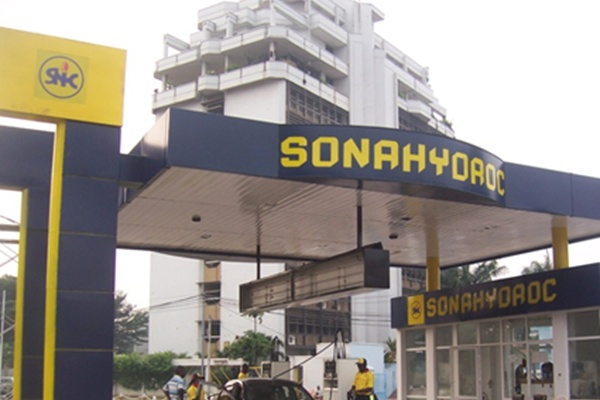At its April 11 Council of Ministers meeting, the Democratic Republic of Congo (DRC) adopted a draft decree granting petroleum rights directly to the state-owned Société Nationale des Hydrocarbures du Congo (Sonahydroc). The decree outlines the legal and fiscal framework for this transfer, in line with the 1 August 2015 oil and gas law.
This move is part of the DRC’s renewed strategy to revive exploration and ramp up oil production, aiming to better harness its resource potential. The plan includes “immediately” awarding Sonahydroc petroleum rights for blocks 1 and 2 in the Albertine Graben through service contracts.
Service contracts offer more attractive tax terms than production sharing agreements and avoid signing bonuses, making them a favored tool to attract foreign investors. Once awarded, Sonahydroc will develop these blocks in partnership with local and international companies.
Since July 2022, the DRC has sought partners to exploit 27 oil blocks. After canceling a tender in October 2024, the oil and gas Minister announced a relaunch for early 2025, prioritizing “restricted tenders for strategic blocks.”
However, this direct allocation to Sonahydroc marks a shift toward greater state control, echoing Prime Minister Judith Suminwa’s call for tighter organization of block distribution and a stronger role for the government in the oil sector.
Estimates of DRC’s reserves vary wildly: the presidency cites 22 billion barrels across 27 blocks; other sources suggest around 5 billion barrels; while the CIA World Factbook lists proven reserves at just 180 million barrels.
This article was initially published in French by Ronsard Luabeya (intern)
Edited in English by Ola Schad Akinocho










